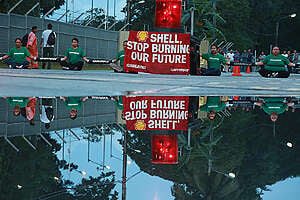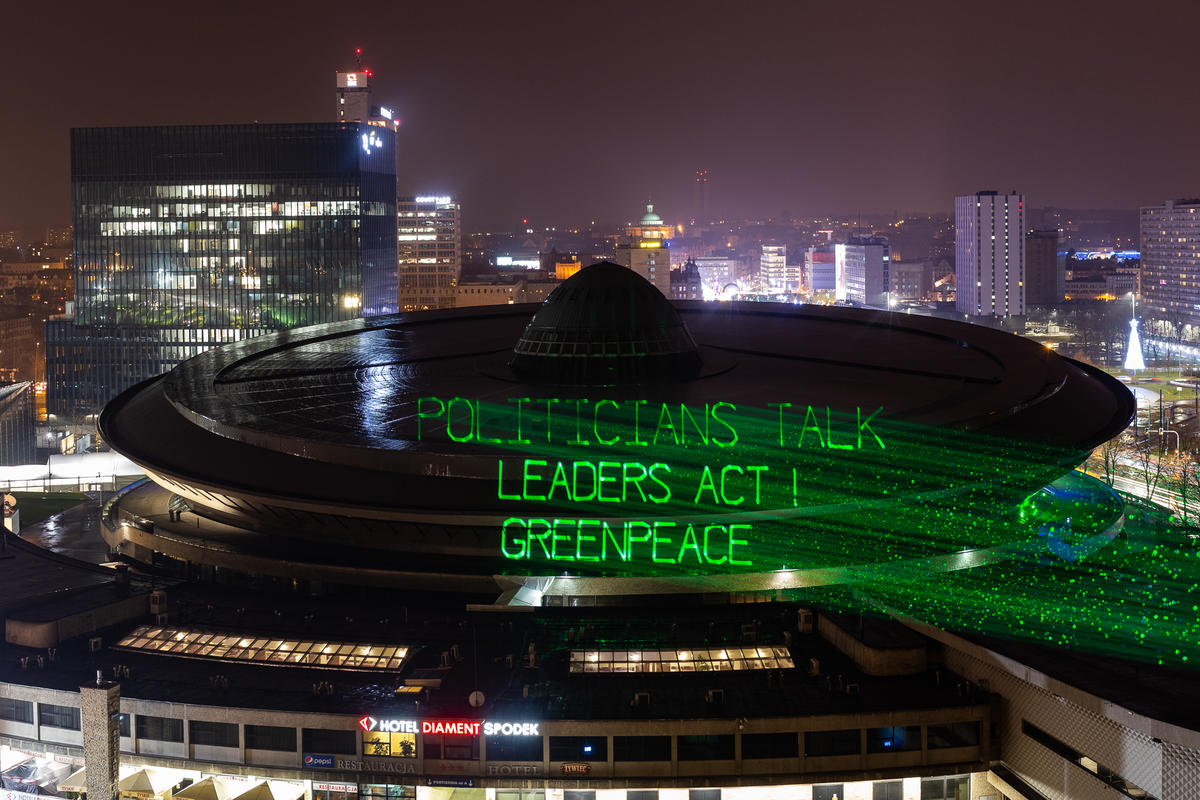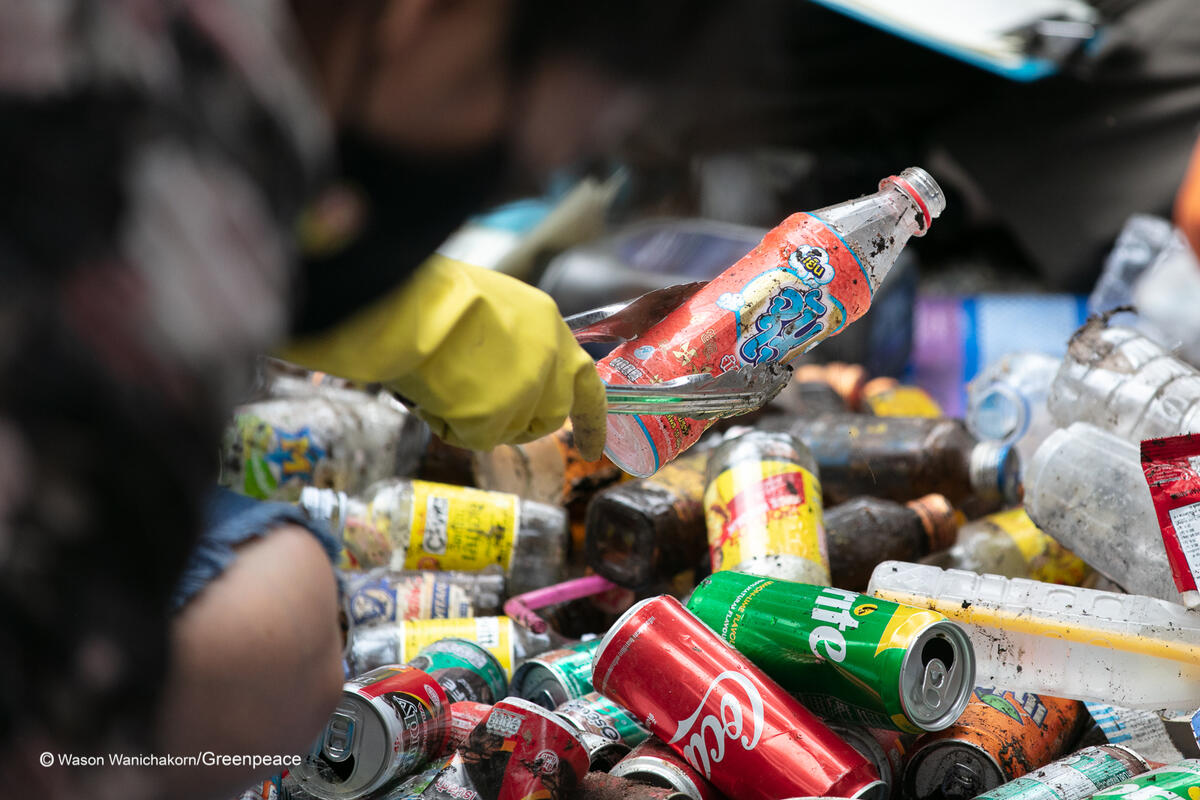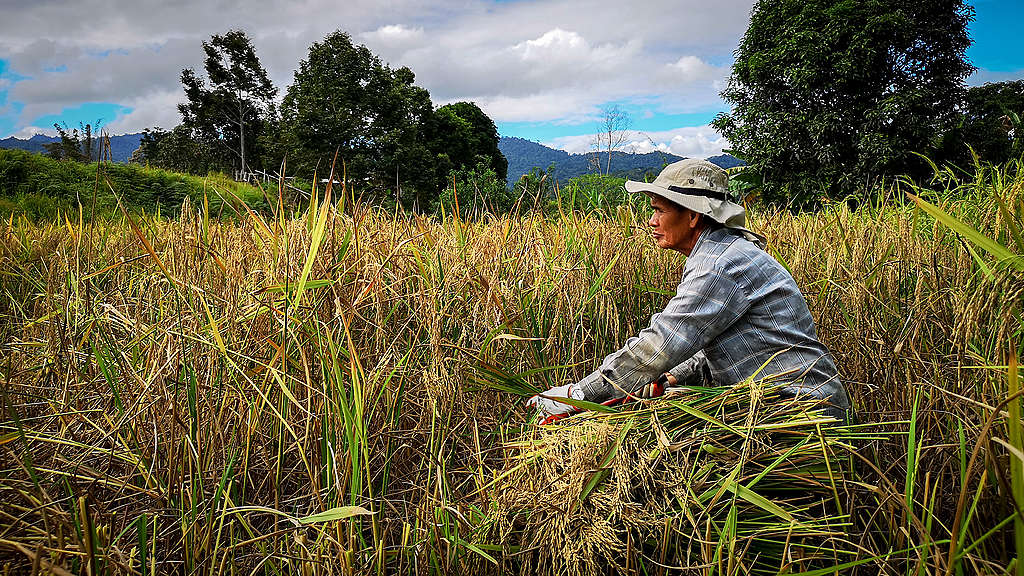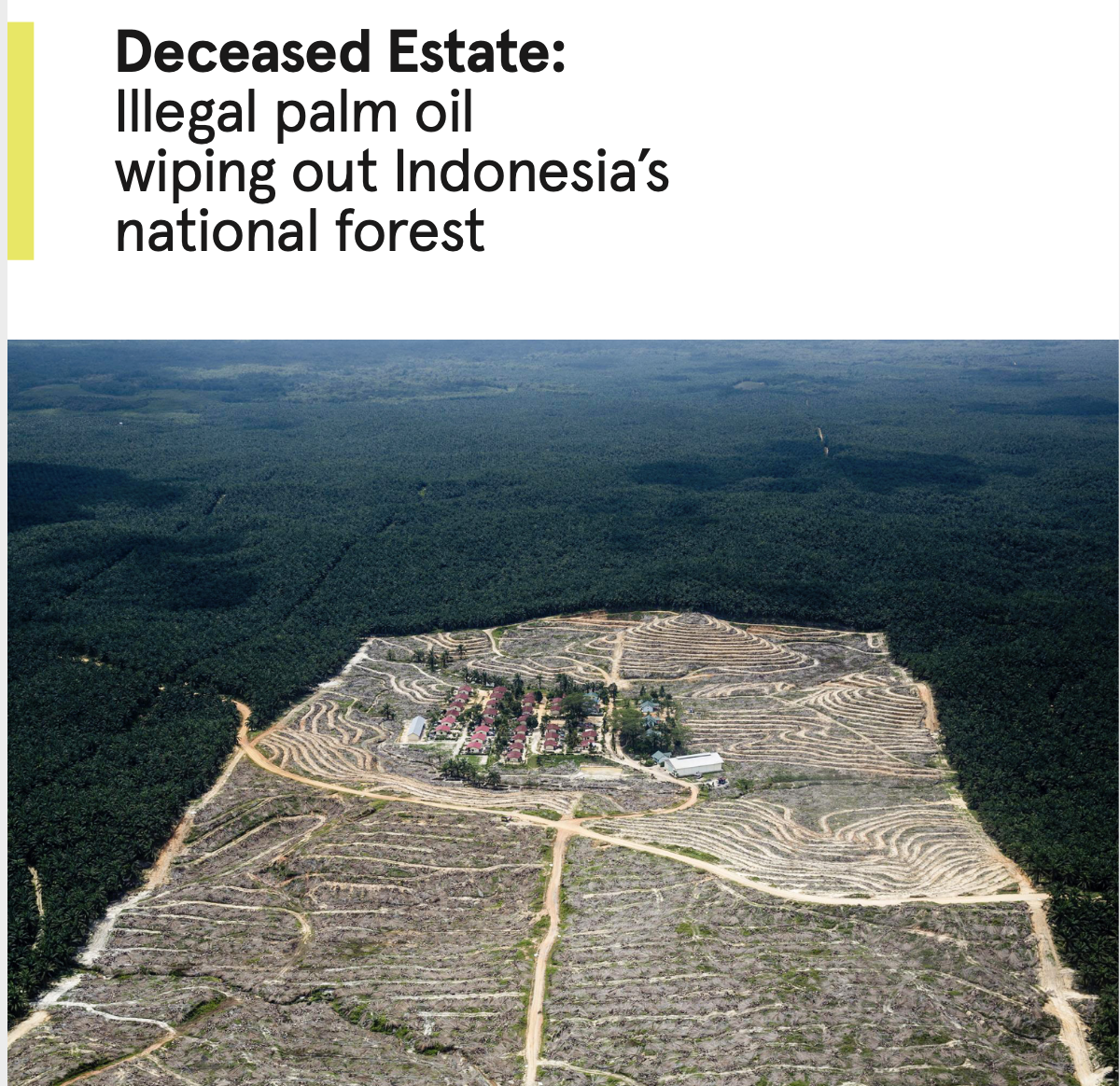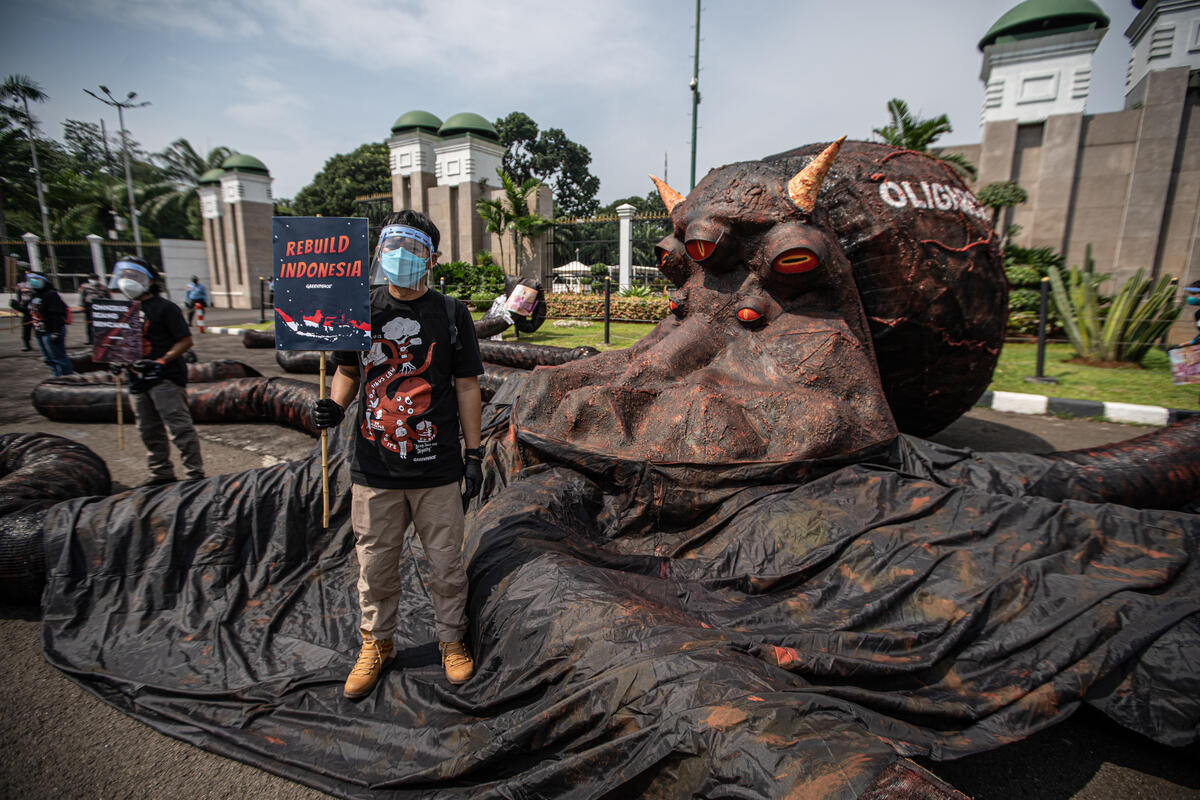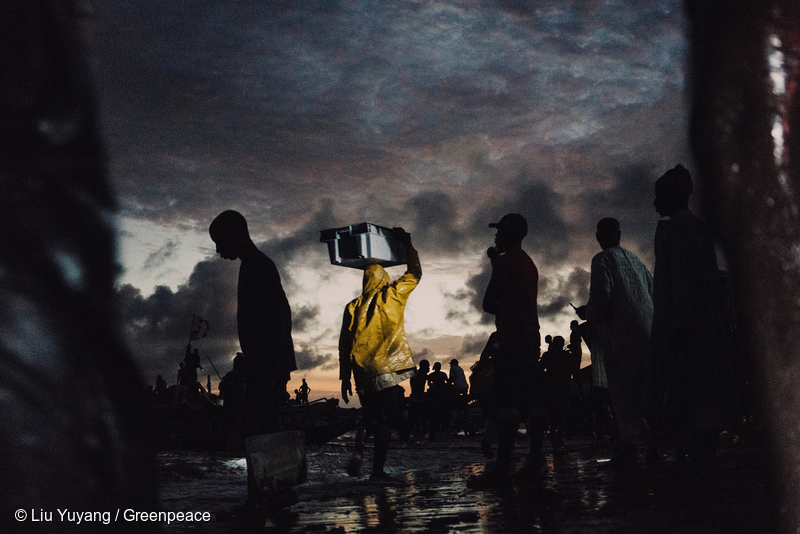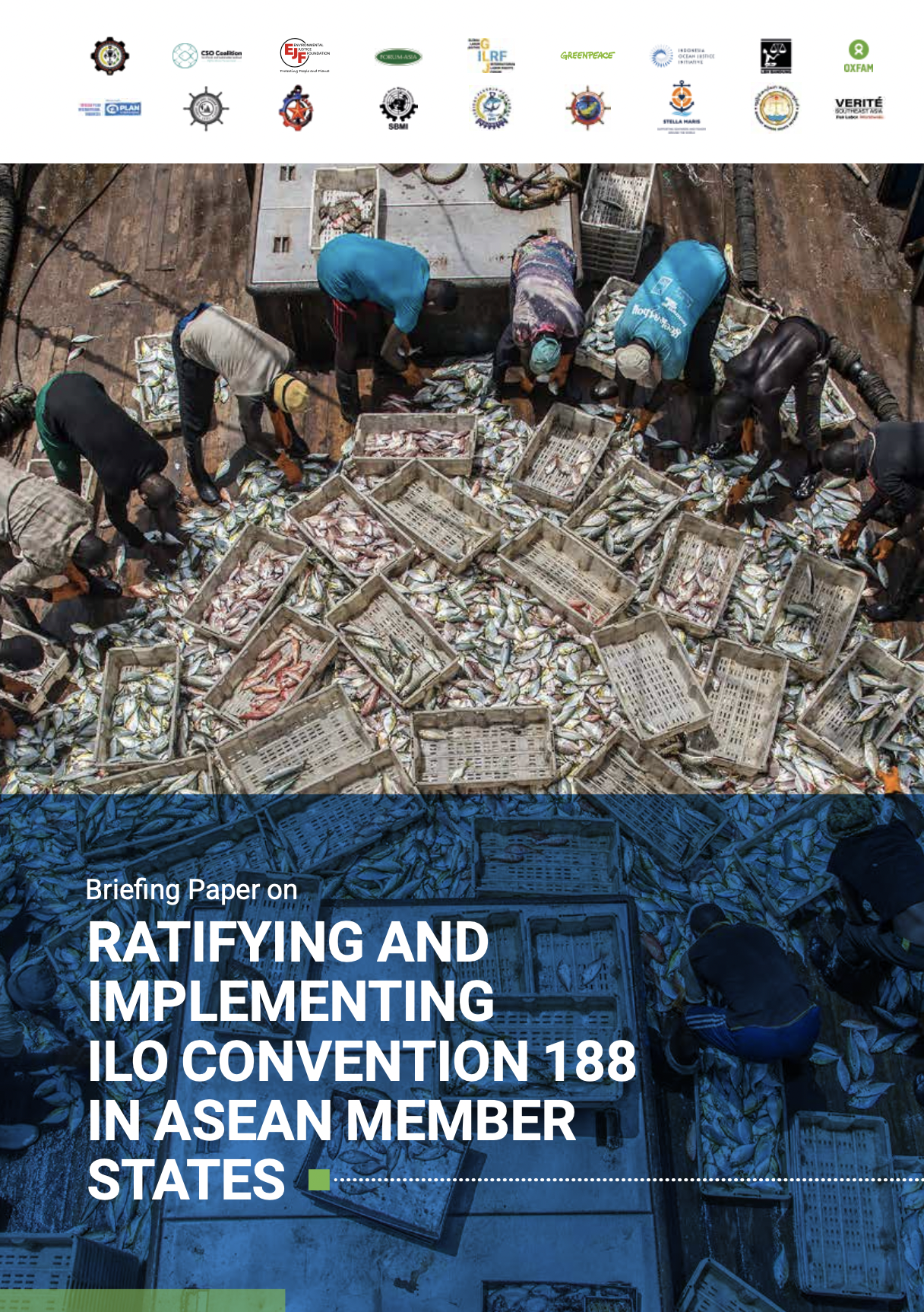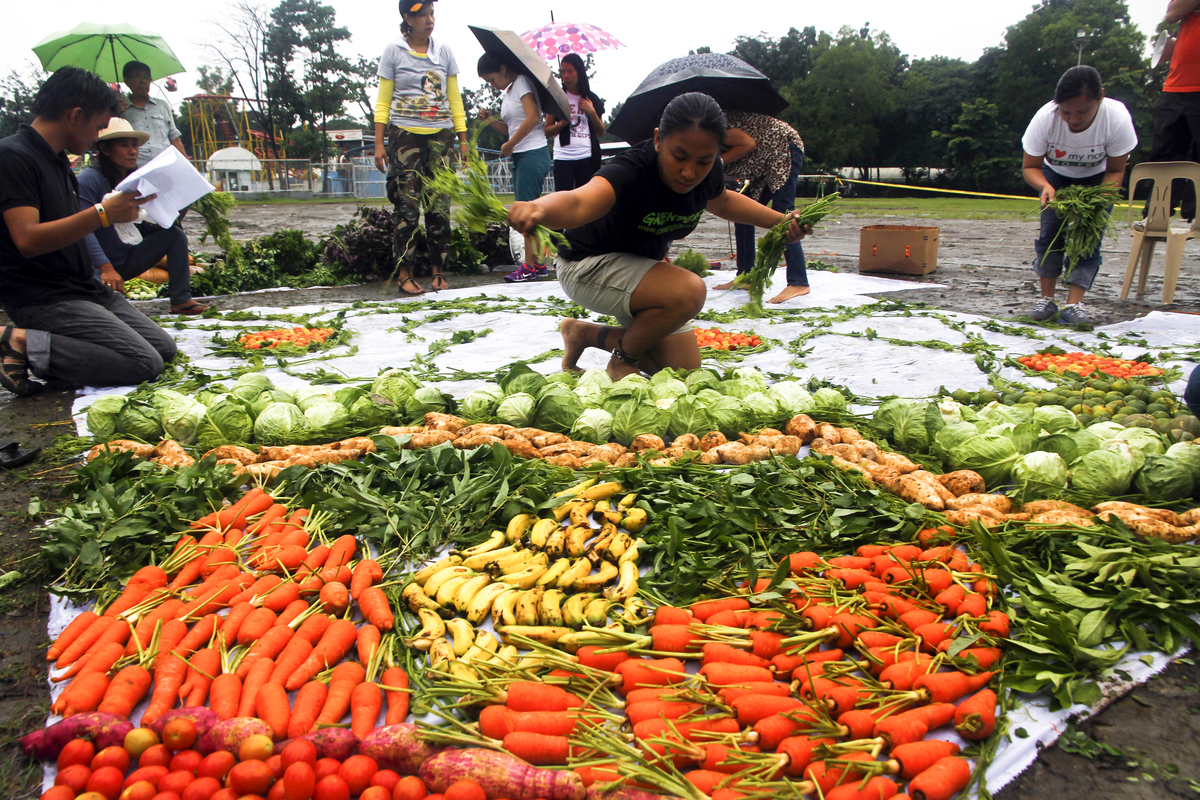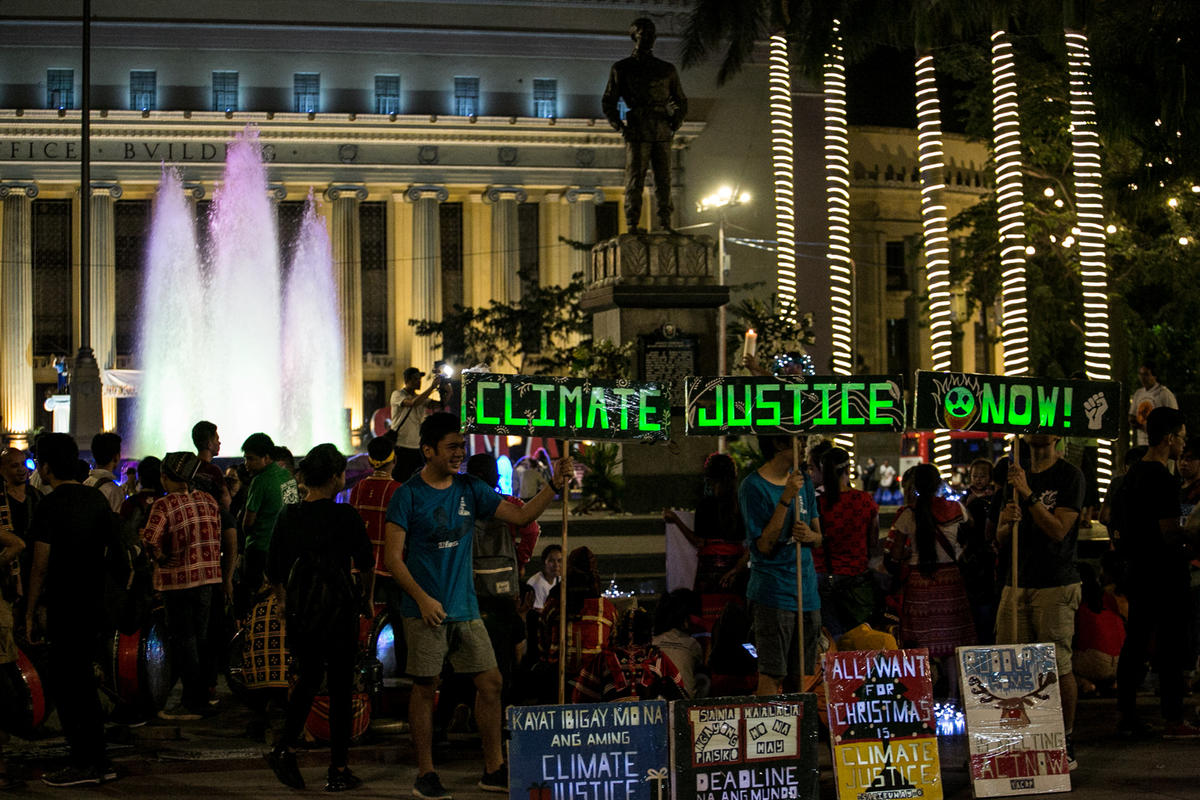All articles
-
COP26: Everything you need to know about the UN Climate Summit
The recent UN scientific report warned of a very bleak future if we don’t do some big things very soon and Glasgow is where those big things need to be set in motion.
-
The Coca-Cola Company and PepsiCo named top plastic polluters for the fourth year in a row
Global beach cleanups were carried out by more than 11,000 volunteers in 45 countries to identify the most common plastic polluters. This year’s Brand Audit found nearly 20,000 Coca-Cola branded products, which represents more pollution than the next two top polluters combined—as has been the case each year since 2019.
-
Better food systems: Championing heirloom rice
Sarawak has over 300 varieties of heirloom rice, most of which are grown for own consumption or sold at the local markets. The rice has unique qualities and distinctive characteristics according to its terroir.
-
Deceased Estate: Illegal palm oil wiping out Indonesia’s national forest
Indonesia’s remaining forests are at the nexus of intersecting crises of dwindling biodiversity, climate change and Indigenous rights violations. Megadiverse and carbon rich, these forests are home to over 2,000 Indigenous communities for whom cultural identity and livelihood are bound up with the land.
-
Building better food systems for people and nature
We are inspired when the people take back their power to create alternative food systems that are more collaborative, socially just and environmentally sustainable.
-
Greenpeace Waves Warning Sign on First Anniversary of Omnibus Law on Job Creation
An oligarch monster has spread over the parliament building courtyard this Tuesday morning. The octopus monster is part of a peaceful protest by Greenpeace activists, marked the first year since the problematic Omnibus Law on Job Creation (UU Cipta Kerja) is being ratified.
-
24 civil organizations call on ASEAN to better protect migrant fishers’ rights
Jakarta, Indonesia, 28 September 2021— Key human rights, migrant worker, and crime government agencies are failing to protect and meet the needs of Southeast Asian migrant fishers working on-board distant…
-
Ratifying and Implementing ILO Convention 188 in ASEAN Member States: Briefing Paper
There is rapidly growing concern over acts of forced labour and human trafficking in the fishing industry on a global scale.
-
Climate science or corporate food? UN Food Summit must choose one for a liveable planet
The science is clear. To survive the climate crisis, we’ll need less land devoted to animal grazing and feed, not more. We need plant-rich diets, not meat-heavy diets that damage our health and planet.
-
Greenpeace Philippines on Duterte’s UN speech: Hold big polluters accountable, cancel climate-destructive plans
While vulnerable countries are suffering and communities are bearing the brunt, we have yet to hear governments, such as the Philippines, call for accountability from fossil fuel companies who hold a big share of the responsibility.

